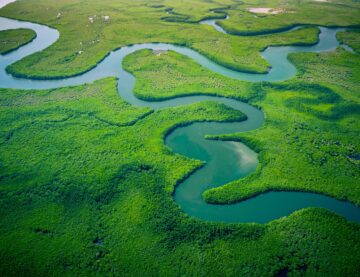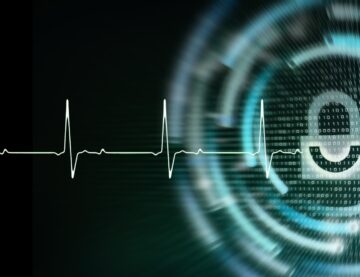Digital Science Releases Global Research Identifier Database (GRID) Under CC0 License
GRID’s comprehensive database of over 66,000 global research organizations now available under a CC0 license.
London, UK and Boston, USA – December 5th 2016: Digital Science, a leading technology company serving the needs of scientific and research communities announced today that the Global Research Identifier Database (GRID) dataset will be made available under a CC0 license allowing users to make full use of the database releases with no need for attribution.
The CC0 license means that others may freely build upon, enhance and reuse GRID data for any purposes, without restriction under copyright or database law, similar to many open source software licenses. The CC0 license removes any hurdles associated with the current license. Digital Science hopes that the open data community can benefit from using GRID, allowing seamless integrations with other open datasets and software tools.
GRID is a free, easy-to-use online database that opens up information about research organizations around the world to data scientists, developers and innovators within academic and commercial organizations. The GRID dataset addresses the problem of messy and inconsistent data on research institutions, ensuring that each entity is included correctly and only once.
Dr Andres Mori, Data Project Lead, Digital Science said:
“Discussions around the use of persistent identifiers are high on the agenda for the scholarly community. There is a clear need to bridge the gap in scholarly infrastructure with an open institutional identifier database, one that can be used as a solution to disambiguate researcher affiliations. We are certain that the open data community will benefit from the increased ease of use of GRID and that this will support their projects going forward.”
 GRID goes CC0.
GRID goes CC0.
GRID now joins other Digital Science products like Figshare as a promoter of CC0 usage as the standard license for the open sharing of datasets. From January 2017, copies of the monthly GRID database release will be dedicated to the public domain and uploaded to Figshare.
<End>
Notes to Editors:
Digital Science is a technology company serving the needs of scientific and research communities, at the laboratory bench or in a research setting. It invests in and incubates scientific software companies that simplify the research cycle, making more time for discovery. Its portfolio companies include a host of leading and admired brands including Altmetric, BioRAFT, Figshare, Labguru, Overleaf, ReadCube, GRID, Symplectic and ÜberResearch. It is operated by global media company, the Holtzbrinck Publishing Group. Visit www.digital-science.com and follow @digitalsci on Twitter.
The Global Research Identifier Database (GRID) is a database of global organizations associated with research. It makes available a vast amount of data on places where research takes place to scientists, developers and innovators within academic and commercial organizations. It also helps clear up ambiguous institutional data and simplifies the automation of workflows with existing datasets.
The CC0 license enables scientists, educators, artists and other creators and owners of copyright- or database-protected content to waive those interests in their works and thereby place them as completely as possible in the public domain, so that others may freely build upon, enhance and reuse the works for any purposes without restriction under copyright or database law. In contrast to CC’s licenses that allow copyright holders to choose from a range of permissions while retaining their copyright, CC0 empowers yet another choice altogether – the choice to opt out of copyright and database protection, and the exclusive rights automatically granted to creators – the “no rights reserved” alternative to our licenses.
Visit https://creativecommons.org/share-your-work/public-domain/cc0/
Press Contact:
Laura Wheeler: l.wheeler@digital-science.com
Lisa Hulme: l.hulme@digital-science.com



